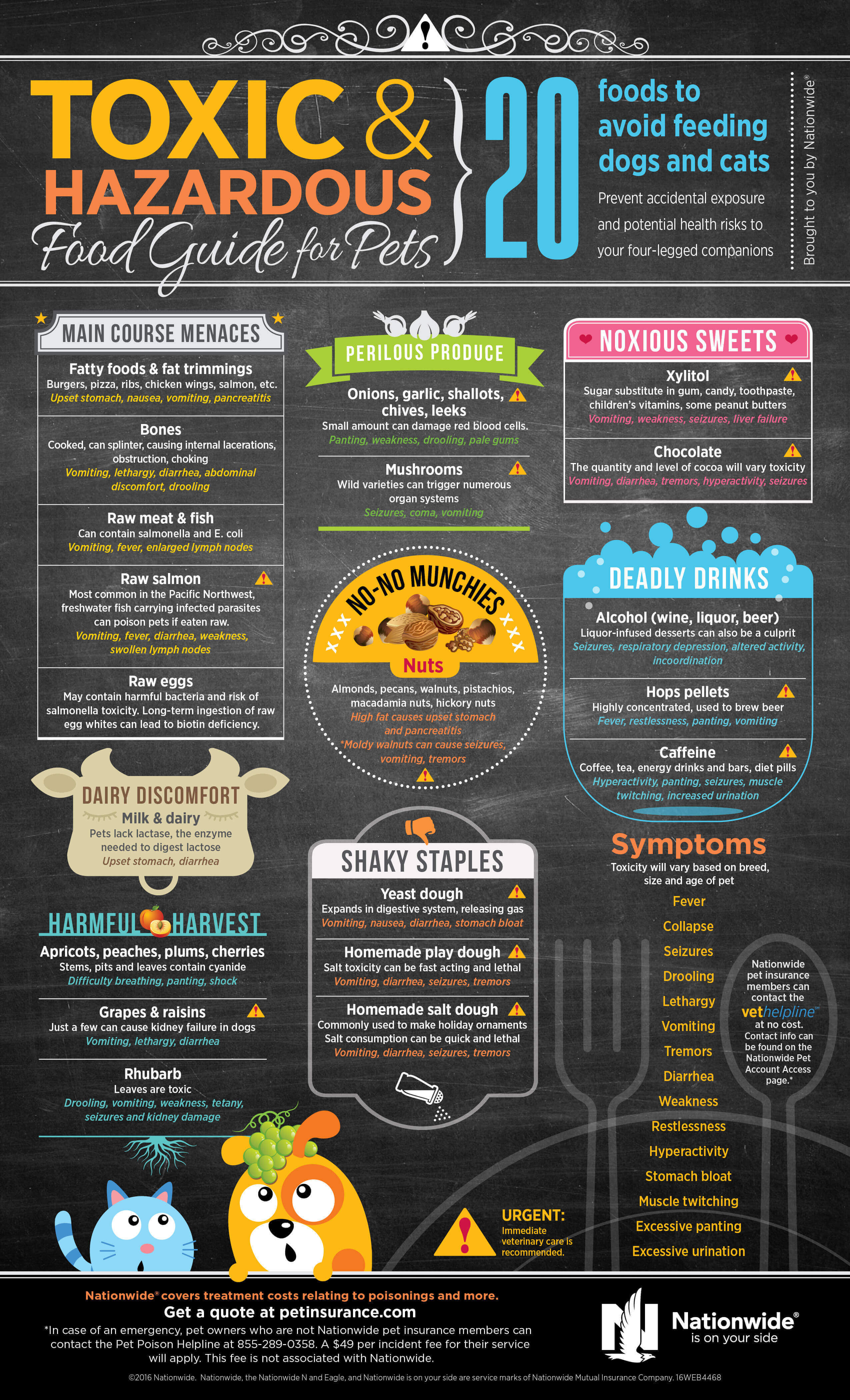Bringing a cat or dog into your home is a rewarding experience, but it also comes with significant responsibilities, especially concerning their diet. Many common human foods, while safe for us, can be highly toxic to our feline and canine companions, leading to severe illness or even fatal outcomes. Understanding these risks is crucial for every pet owner. This guide details various human foods that should never be offered to your pets, outlining the specific dangers and symptoms associated with each.
Alcohol
Alcoholic beverages and foods containing alcohol can have a devastating impact on cats and dogs, mirroring the effects seen in humans but often with greater severity due to their smaller size and different metabolism. Ingestion can lead to intoxication, severe gastrointestinal irritation, respiratory distress, and in extreme cases, coma or death. It is essential to keep all alcoholic products securely stored away from pets.
Avocado
While seemingly healthy, avocados contain a toxin called persin, which is present in all parts of the fruit, including the flesh, pit, and leaves. For cats and dogs, persin can cause significant gastrointestinal upset, leading to vomiting and diarrhea. More severe reactions can include respiratory distress, congestion, fluid accumulation around the heart, and potentially, death.
Chocolate
Chocolate is a well-known toxin for pets due to its theobromine content, a methylxanthine. The severity of theobromine poisoning is dose-dependent, influenced by the pet’s size, the amount consumed, and the type of chocolate. Symptoms range from restlessness, hyperactivity, and trembling to vomiting, diarrhea, increased thirst and urination, rapid heart rate, and seizures. Darker chocolates, such as baking chocolate, contain higher concentrations of theobromine and are therefore more dangerous than milk or white chocolate.
Coffee, Tea, and Other Caffeine Products
Caffeine, found in coffee, tea, soda, and some medications, can be extremely dangerous for cats and dogs in sufficient quantities. There is no antidote for caffeine poisoning, and symptoms can escalate rapidly. These include restlessness, rapid breathing, heart palpitations, and muscle tremors. Even small amounts of concentrated caffeine sources can be life-threatening.
Cooked Bones
While dogs may seem to enjoy chewing on bones, cooked bones pose a significant danger. Unlike raw bones, which are generally softer and more digestible, cooked bones become brittle and can easily splinter. These sharp fragments can cause choking, internal obstructions in the gastrointestinal tract, or lacerations to the mouth, throat, and intestines, requiring immediate veterinary intervention.
Fat Trimmings
Both cooked and uncooked fat trimmings from meat can cause digestive upset in pets, manifesting as vomiting and diarrhea. More seriously, a diet high in fat can trigger pancreatitis, a painful and potentially severe inflammation of the pancreas. It’s best to remove all visible fat from meat before feeding it to your pet, or better yet, avoid it altogether.
Grapes, Raisins, Sultanas, and Currants
These fruits, despite their small size, are highly toxic to cats and dogs. The exact toxic substance remains unknown, but ingestion has been linked to acute kidney failure, which can be fatal if not treated promptly. Even a small amount can cause severe problems, so it is crucial to ensure these items are kept out of reach.
Onions, Garlic, and Chives
Belonging to the Allium family, onions, garlic, chives, and related plants contain compounds that can damage a pet’s red blood cells, leading to a form of anemia. Garlic and chives are generally considered less potent than onions, but all can cause gastrointestinal irritation. Symptoms may not appear immediately, so monitoring your pet after potential exposure is vital.
Salt
While a small amount of salt is essential in a dog’s diet, excessive consumption can lead to serious health issues, including extreme thirst, frequent urination, and potentially sodium ion poisoning. Signs of salt toxicity can include depression, tremors, elevated body temperature, and seizures. Overly salty snacks and processed human foods are common culprits.
Tomatoes and Potatoes
The leaves, stems, and unripe fruit of tomato plants, as well as raw green potatoes and potato sprouts, contain solanine, a glycoalkaloid that is toxic to pets. Ingestion can lead to violent gastrointestinal problems, including vomiting and diarrhea. Ripe tomatoes are generally considered safe in moderation, but it’s best to avoid the plant parts and green potatoes entirely.
Xylitol (Artificial Sweetener)
Xylitol is a sugar-free sweetener commonly found in sugar-free gum, candy, toothpaste, baked goods, and some diet foods. For cats and dogs, xylitol triggers a rapid release of insulin, which can cause a dangerous drop in blood sugar (hypoglycemia) and potentially lead to liver failure. Initial signs of toxicity include vomiting, lethargy, and loss of coordination. Due to its widespread use, it is essential to check ingredient labels carefully.
Yeast Dough
Raw yeast dough can cause significant problems if ingested by cats or dogs. As the yeast ferments in the warm, moist environment of the digestive system, it produces ethanol and carbon dioxide gas. This can lead to painful bloating, gas buildup, and in severe cases, rupture of the stomach or intestines. While the risk decreases after the dough is cooked and the yeast has fully risen, it’s still advisable to avoid feeding raw dough.
Keeping your pet safe and healthy involves being vigilant about their diet. Always consult your veterinarian if you suspect your pet has ingested a toxic substance or if you have any concerns about their food and nutrition.
References
The information on this page was gathered from:

